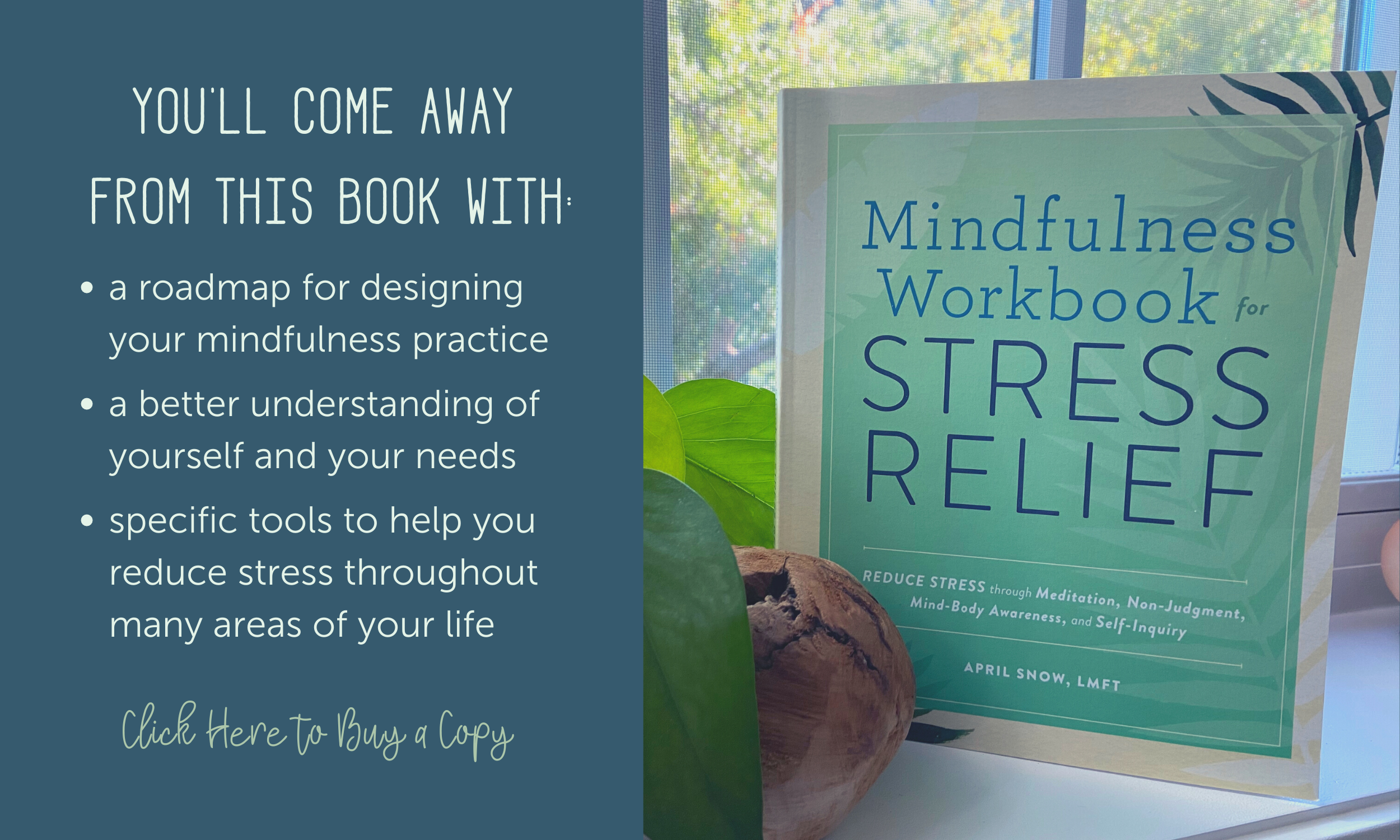How Highly Sensitive People Can Manage Anxiety
Anxiety is something many Highly Sensitive People struggle with on a daily basis - feeling nervous, worrying or fearful and experiencing physical signs of a ‘fight-or-flight’ response such as shallow breath, racing heartbeat, digestive upset or difficulty concentrating.
“All highly sensitive people worry to some degree. Again, it is part of their survival strategy to consider what the future might bring - to learn from threats and failures. To observe and deeply process the world around them.” - Dr. Elaine Aron
Although our trait does not make us inherently anxious, HSPs are more prone to anxiety (as well as depression, shyness and other struggles) when exposed to adverse childhood experiences, trauma or other difficult life circumstances. We are also more likely to be overstimulated when faced with too many stressors and inadequate downtime. Part of the experience as an HSP is noticing everything around us and processing that information deeply which can lead to overstimulation. Overstimulation feels like and causes symptoms of anxiety.
What can make Highly Sensitive People feel anxious?
Overstimulated by sensory input or excessive social interaction (large crowds).
Having too many things to do at once or when we’re multitasking.
Unable to pause and reflect before acting (as our brains are wired to do).
Striving for perfectionism.
Interpersonal conflict to prioritize others before ourselves or worrying about someone we care about.
Being observed when completing a task.
Quick changes in routine or expectations with no time to process.
How can we manage anxiety?
The key to managing anxiety for Highly Sensitive folks is to quiet the mind, which is why mindfulness and breathing practices are so helpful. Essentially, the goal is to greatly reduce stimulation and input levels which will give us time to deeply process experiences and decisions like our brains are wired to do.
My favorite way to find more quiet is to “time travel”. What I mean by this is to reclaim those moments of spaciousness that used to be a part of everyday life before smartphones, social media and FOMO (Fear of Missing Out) were a central part of our daily lives. Metaphorically transport yourself back to a time when we had time and brain space to reflect, think and daydream. What are some ways you can practice “time traveling”?
Choose to put your phone away when you’re:
On a break at work
Waiting in line at the store
Laying in bed at night
Taking a bath
On your daily commute or a long car ride
Set boundaries around your availability. We’re expected to be available by phone or text 24/7 but not so long ago, this wasn’t possible or expected and we managed.
Put your phone on do not disturb.
Don’t take personal phone calls at work.
Set parameters around communication such as you only answer calls or texts between 10am to 8pm.
Do less and say “no” more often. A big contributor to our anxiety as HSPs is the amount of obligations we manage and our tendency to want to make everyone happy, even if that means sacrificing our own needs. It’s pretty standard to be in constant “busy” mode these days, but Highly Sensitive People need a lot of downtime. According to Dr. Elaine Aron the golden rule for unstructured time is:
Two hours per day
One day per week
One week per season





